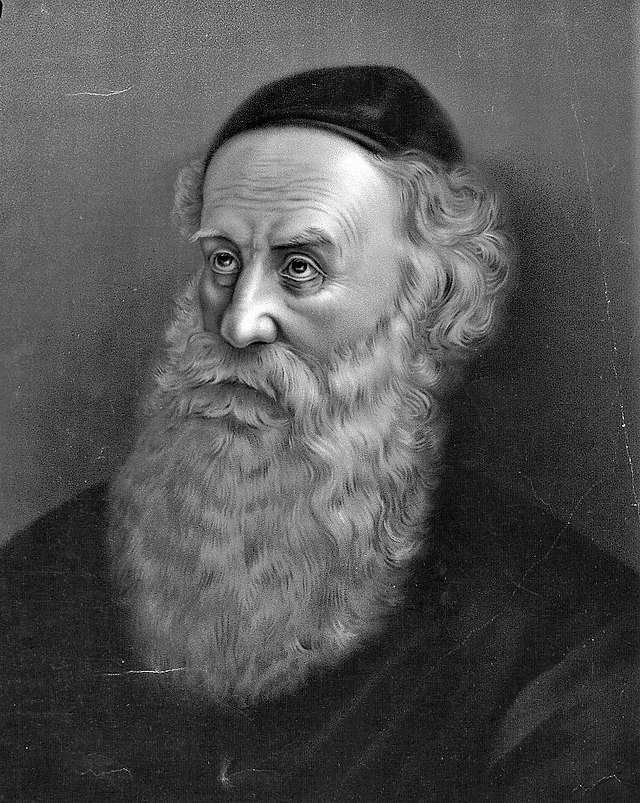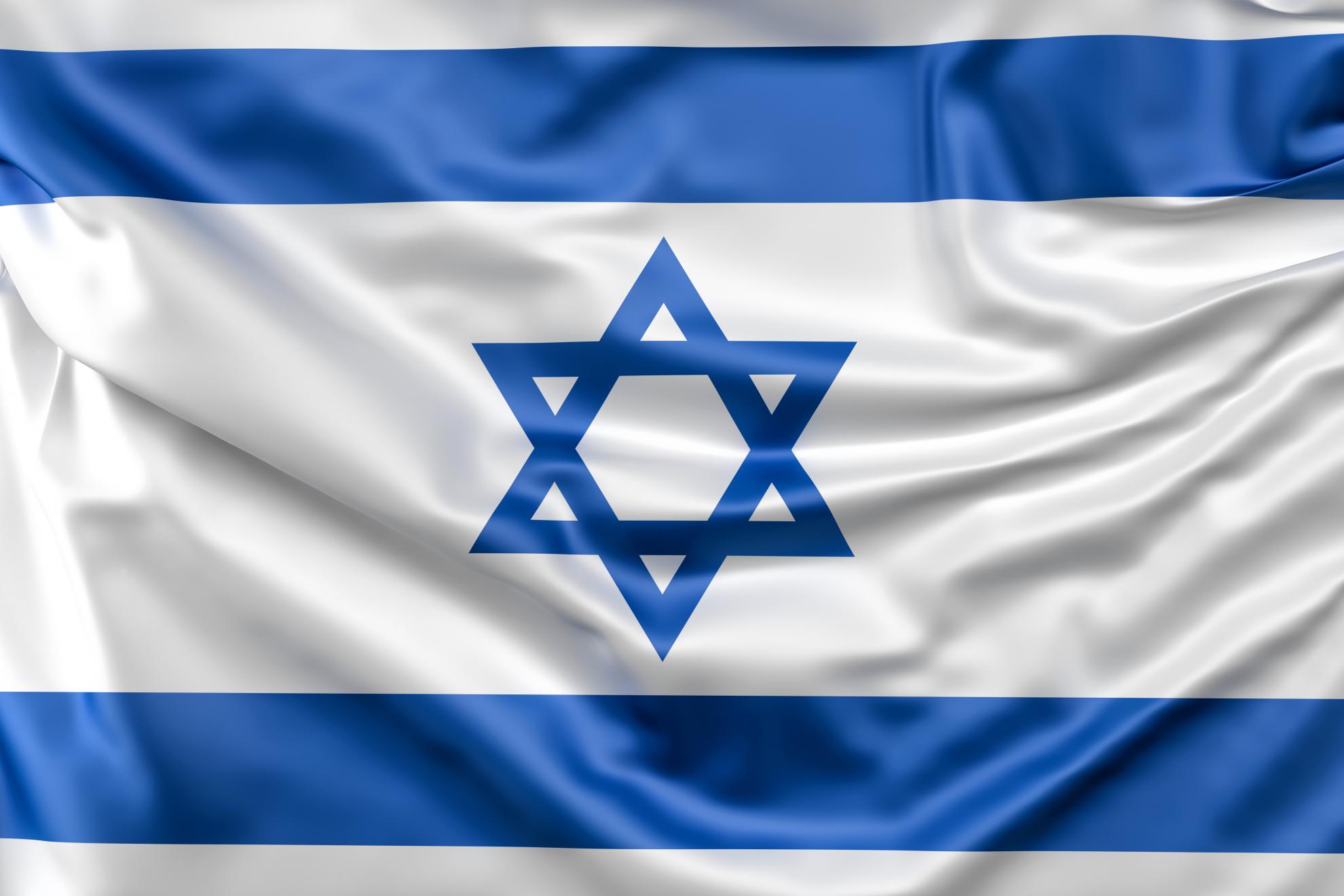January 16, 2024|ו' שבט ה' אלפים תשפ"ד Shemos 5784 - Learning to Lead
Print Article
Moshe has finally decided it is time to go to Egypt and accept the task as the redeemer of the Jewish People. Or has he?
If you look carefully at the sequence of events as Moshe prepares to leave Midyan and head back to Egypt, there are a number of strange occurrences in the text:
1) As Moshe prepares to leave, he goes to inform his father-in-law that he plans to go back to Egypt, but what he says to Yisro is strange:
](יח) וַיֵּלֶךְ מֹשֶׁה וַיָּשָׁב אֶל יֶתֶר חֹתְנוֹ וַיֹּאמֶר לו[ֹ אֵלֲכָה נָּא וְאָשׁוּבָה אֶל אַחַי אֲשֶׁר בְּמִצְרַיִם וְאֶרְאֶה הַעוֹדָם חַיִּים ]וַיֹּאמֶר יִתְרוֹ לְמֹשֶׁה לֵךְ לְשָׁלוֹם:[
Let me go and return to my brothers in Egypt, and I will see if they are still alive.
Shouldn’t Moshe say: I’m going to Egpyt to redeem my people from slavery!?
2) Next, Hashem commands Moshe that it’s time to go back to Egypt, which is itself strange because Moshe was already preparing to go. Additionally, the reason Hashem tells Moshe it’s time to go is strange:
(יט) וַיֹּאמֶר יְקֹוָק אֶל מֹשֶׁה בְּמִדְיָן לֵךְ שֻׁב מִצְרָיִם כִּי מֵתוּ כָּל הָאֲנָשִׁים הַמְבַקְשִׁים אֶת נַפְשֶׁךָ:
“Go, return to Egypt because all the people who wanted you dead have died themselves.”
Again, that’s NOT the reason Moshe is going back! He’s going back to REDEEM Am Yisrael!?
3) Then, when telling us about how Moshe packed up to leave, there is another anomaly:
(כ) וַיִּקַּח מֹשֶׁה אֶת אִשְׁתּוֹ וְאֶת בָּנָיו וַיַּרְכִּבֵם עַל הַחֲמֹר וַיָּשָׁב אַרְצָה מִצְרָיִם וַיִּקַּח מֹשֶׁה אֶת מַטֵּה הָאֱלֹהִים בְּיָדוֹ:
Moshe packed up his wife and children and placed them on the donkey and returned to Egypt. And then the pasuk mentions, by the way, Moshe also took the STAFF of Hashem in his hand.
Why is the Mateh, the staff with which he will perform ALL the miracles of Yetzias Mitzrayimmentioned almost as an afterthought?
4) And one last peculiarity revolves around the next part of the story where we are told NOT in a medrash, but in the text itself, that they stopped at an Inn, Hashem wanted to KILL Moshe, Tzipora his wife performs a bris mila on her son, and Moshe is saved.
At the end of this episode, Tzipora tells Moshe that he is “Chasan Damim LaMulos - A groom of blood for circumcision”.
What is this story about, what does it mean that Hashem wanted to KILL MOSHE!? And what was Tzipora’s message to her husband?
Rabbi Zvi Dov Kanatopsky was the rabbi of the Young Israel of Eastern Parkway in Crown Heights, Brooklyn, a close talmid of Rav Soloveitchik, and a rebbe at Yeshiva University High School for Boys. His drashos were compiled in a sefer called “The Depths of Simplicity”, and in it he offers a unique approach which answers all of these questions:
From the very first time Moshe is approached by Hashem, he protests and refuses to become the leader. And, in fact, even after Hashem gets angry and offers to have Aharon help Moshe, the text NEVER records that Moshe ACCEPTED THE JOB.
The next thing we are told is that he comes to Yisro to tell him he’s heading back to Egypt. WHY? NOT to take Am Yisrael out of Egypt. He hasn’t agreed to that yet. He tells Yisro the TRUTH, he’s going to check on his brothers in Egypt.
So, Hashem tells Moshe: If you are agreeing to at least go to Egypt, don’t just go to VISIT, go LIVE WITH YOUR BROTHERS in Egypt. The only reason you left was because there was a ransom on your head. Those people are gone now, so you can go back to live with your people. So, now that he’s going to LIVE in Egypt, he no longer travels alone. He brings his wife and children.
And as Moshe is packing up, almost as an AFTERTHOUGHT, he takes the STAFF with him too. This is the first indication that Moshe is still considering taking on the role as leader of Bnei Yisrael. He is clearly struggling with what Hashem has asked of him.
And then they arrive at the Inn. And argues Rav Kanatopsky, that it is at this moment where the text says “Vayivakeish Hamiso”, maybe not to mean literally that HKBH actually wanted to kill Moshe, which of course would be surprising, but rather that the BAKASHA, the request of HKBH had caused such inner turmoil for Moshe that it was quite literally “killing him inside”.
Moshe is extraordinarily humble. He isn’t looking for the limelight. “Surely there is someone else who could do this job,” he says to himself. Yet, he knows that his people need him, and that they are suffering terribly. And he is literally FROZEN by his own indecision.
And it is at this moment that Tziporah, Moshe’s wife, does something DRAMATIC. She takes their son Eliezer and performs his bris mila.
And we know, of course, that bris mila is not simply ANY mitzvah, it is representative of our commitment to HKBH and His commitment to us. It represents the SACRIFICES we make for Him and the commitment He makes to us.
And remember, Tzipora wasn’t born into this covenant. She MARRIED INTO IT. So, she says to Moshe, “when we got married, you told me all about the covenant that your people have with Gd. That you would suffer but that eventually He would take your people out. When we got married, that was the ideal we both committed to!
And now, Hashem has come and asked YOU TO BE HIS MESSENGER TO MAKE THAT HAPPEN! I know it will take sacrifice on your part! I know it’s not something that comes NATURALLY TO YOU! But it is YOUR TIME TO BE CHASAN DAMIM LAMULOS – To live your life representing that commitment, that bris that we both committed to together!”
Why all the vagueness relating to Moshe’s ascension to finally lead Am Yisrael? Because he, himself, was wavering, unsure as to whether he could really do it. And it isn’t until this final stage when his WIFE reminds him of what he can accomplish that he is finally willing to do that which he initially felt unable to do: to sacrifice himself to serve the Klal. And from this point on, Moshe assumes the role of Moshe Rabbeinu. A role that, yes, he will still struggle with at times, but one to which is committed.
And the truth is we find this ability to overcome this same struggle in Moshe earlier as well.
When Moshe sees the Egyptian beating up the Jew, the Torah tells us:
ויפן כה וכה וירא כי אין איש
He looked in both directions and saw there was no man.
What was he looking for?
The Abarbanel argues that Moshe’s looking in both directions was Moshe’s weighing two options in his mind: On the one hand, to save this Jew meant endangering himself. On the other hand, how could he see another Jew suffering and turn the other way.
And eventually, “Vayar Ki Ein Ish”, he realizes that if he continues to waver and wait for someone else, he’ll never accomplish anything. If he wants to be an ISH, a person who lives his values, he needs to stand up for what he believes in, even if it’s uncomfortable.
My parents are in Eretz Yisrael now, and they told me about an experience they had a couple of days ago.
As we all know, you can’t walk more than a few steps anywhere near an army base these days without finding a BBQ for chayalim. And my parents were invited by friends of theirs to help run a BBQ for a group of about 80 commanders who had just come out of Gaza.
They prepared the food and started to meet the soldiers. And my mother described that she’s talking to one of them, a young guy in his early 20s and she realizes she knows him because he’s a good friend of my nephew. She’s then talking to another chayal who mentions his name and she realizes he’s a son-in-law of one of her best friends.
And she noted to me, “you know, you are prepared to meet these HEROES, these strong, brave warriors, and they are. But then when you meet them you realize they’re the same sweet, kind, menschy young men who we all know.”
These Chayalim are the epitome of the same experience that Moshe Rabbeinu had, and that we all experience at some point in our lives. A feeling of “Who am I? I’m just a regular person”. And the truth is, they ARE REGULAR PEOPLE!
But they are “Regular people” who were VAYIFEN KO VACHO, and VAYAR KI EIN ISH. These are people, regular people, who have the ability to see that they have inside themselves the ability to do something REMARKABLE. They can see that there IS NO ONE ELSE BUT US, and so they have found that inner strength to stand up bravely, ready to sacrifice on behalf of Am Yisrael.
And behind each soldier, each Moshe, there is a Tziporah. A wife, a mother, a father, a sister, a child who allows them to go, even as it comes at such an extraordinary price. But it also comes with such extraordinary pride.
And I believe that this lesson of the story of the growth process of Moshe Rabbeinu, and the commitment of each and every soldier and family members of soldiers in the IDF, is a lesson for each of us. It is a lesson for any person who ever said to him or herself, “but who am I? I’m just one person. What can I do?” It’s a lesson for any of us who have ever said, “Does my contribution matter?”
The answer, of course, is “YES”. We all have inside of ourselves that ability to do something a little bit extraordinary. To find that inner strength to realize ‘Ein Ish’, there is no one else who will do the job that only I can do.
I was at Shoprite this week, and the young man at checkout was wearing a beautiful CHAI necklace. No yarmulke, but a proud CHAI. I told him how much I liked it.
Think about how many people, Jews, non-Jews, religious, secular, pass by this young man EVER DAY and see his necklace. Think about how much pride and chizuk it offers them. Something ordinary, that, at least I think, is quite extraordinary.
We won’t all be Moshe Rabbeinu, and we won’t all be soldiers in the IDF, but they remind us that we all have a role to play in the Army of Hashem. That while we all might see ourselves as regular and ordinary, we all have the ability to do something extraordinary.




